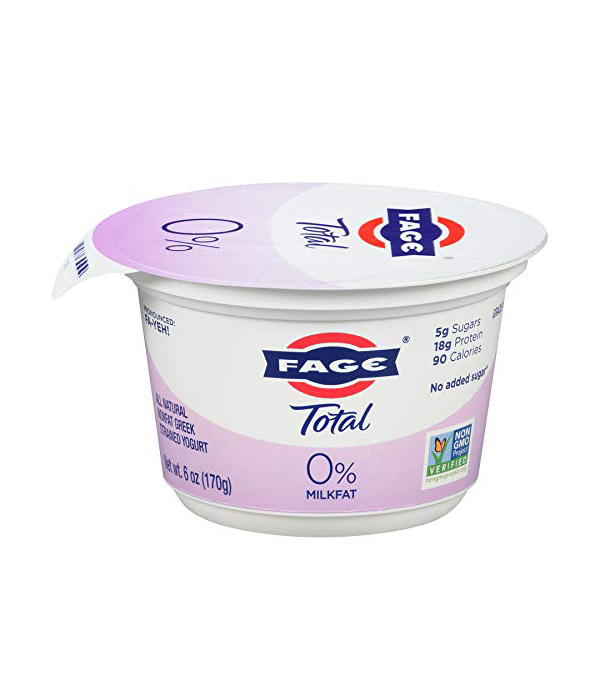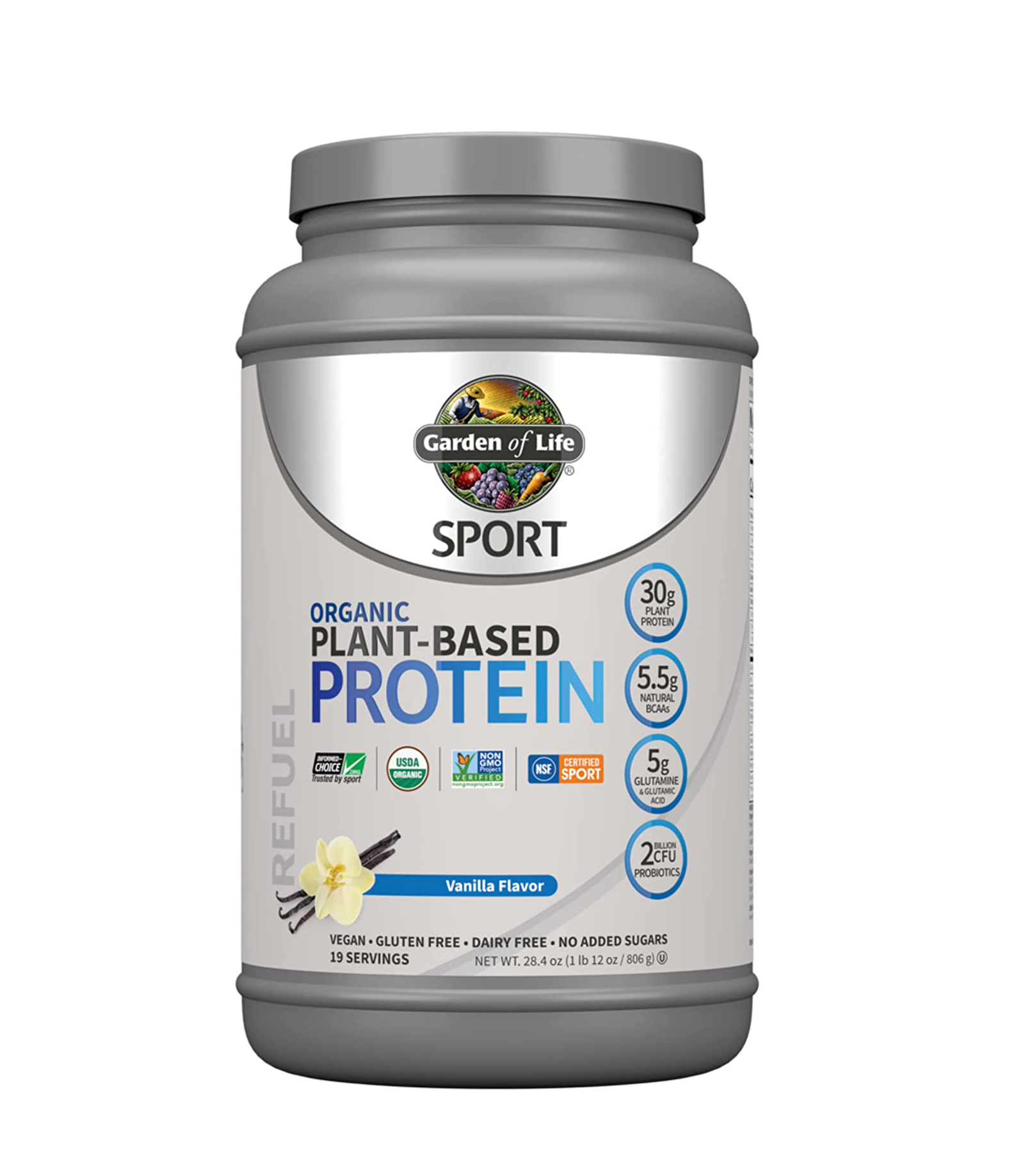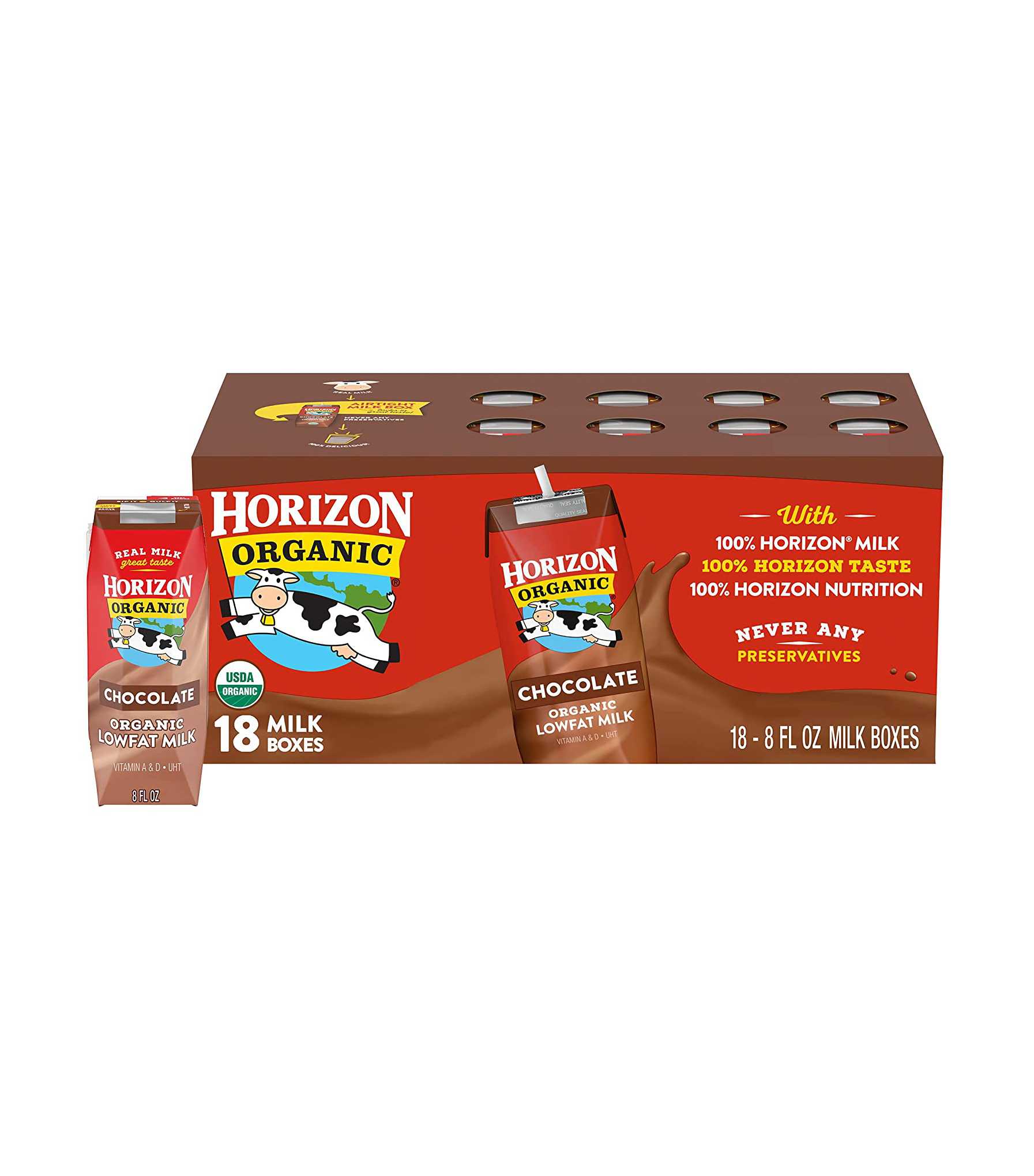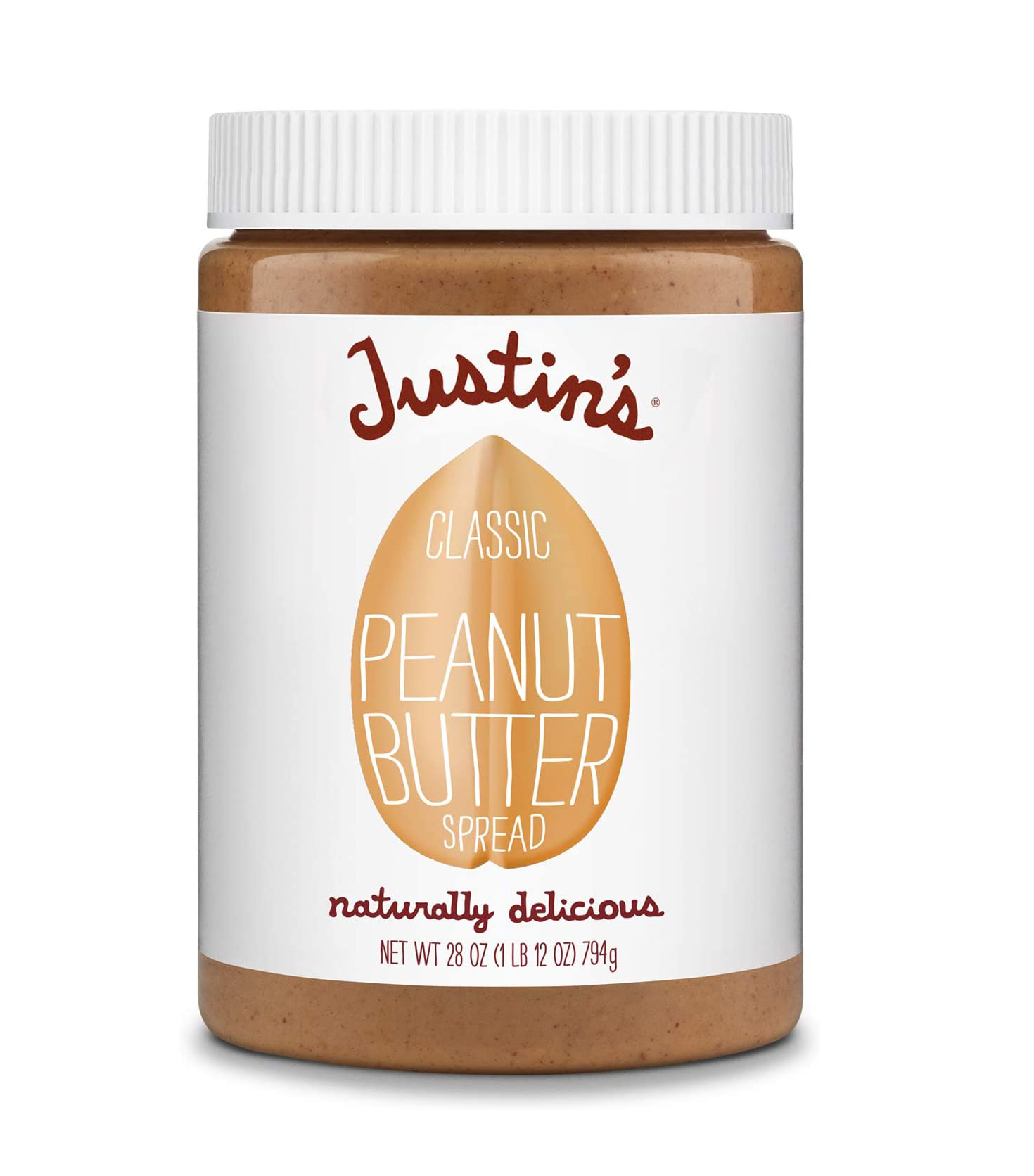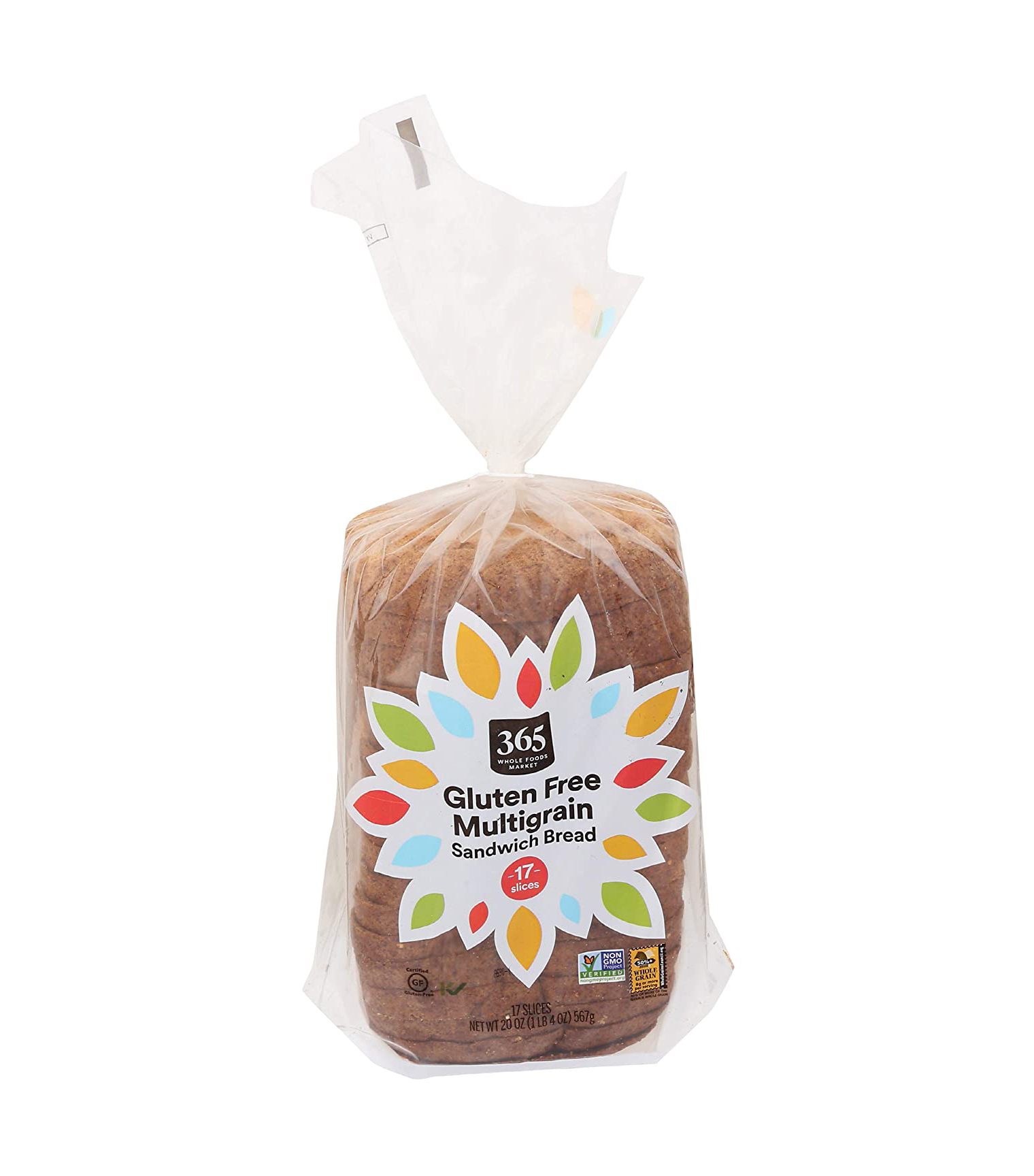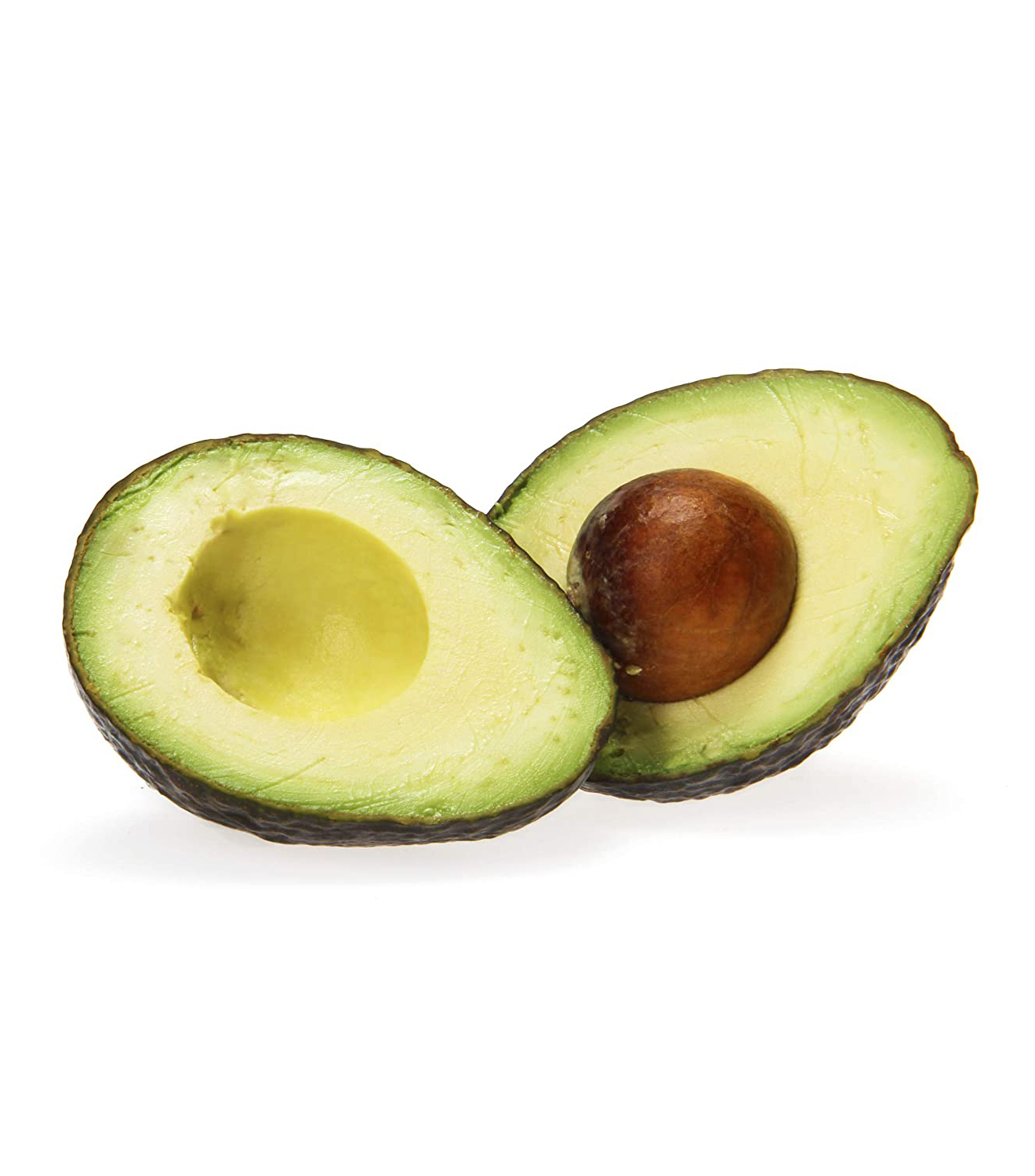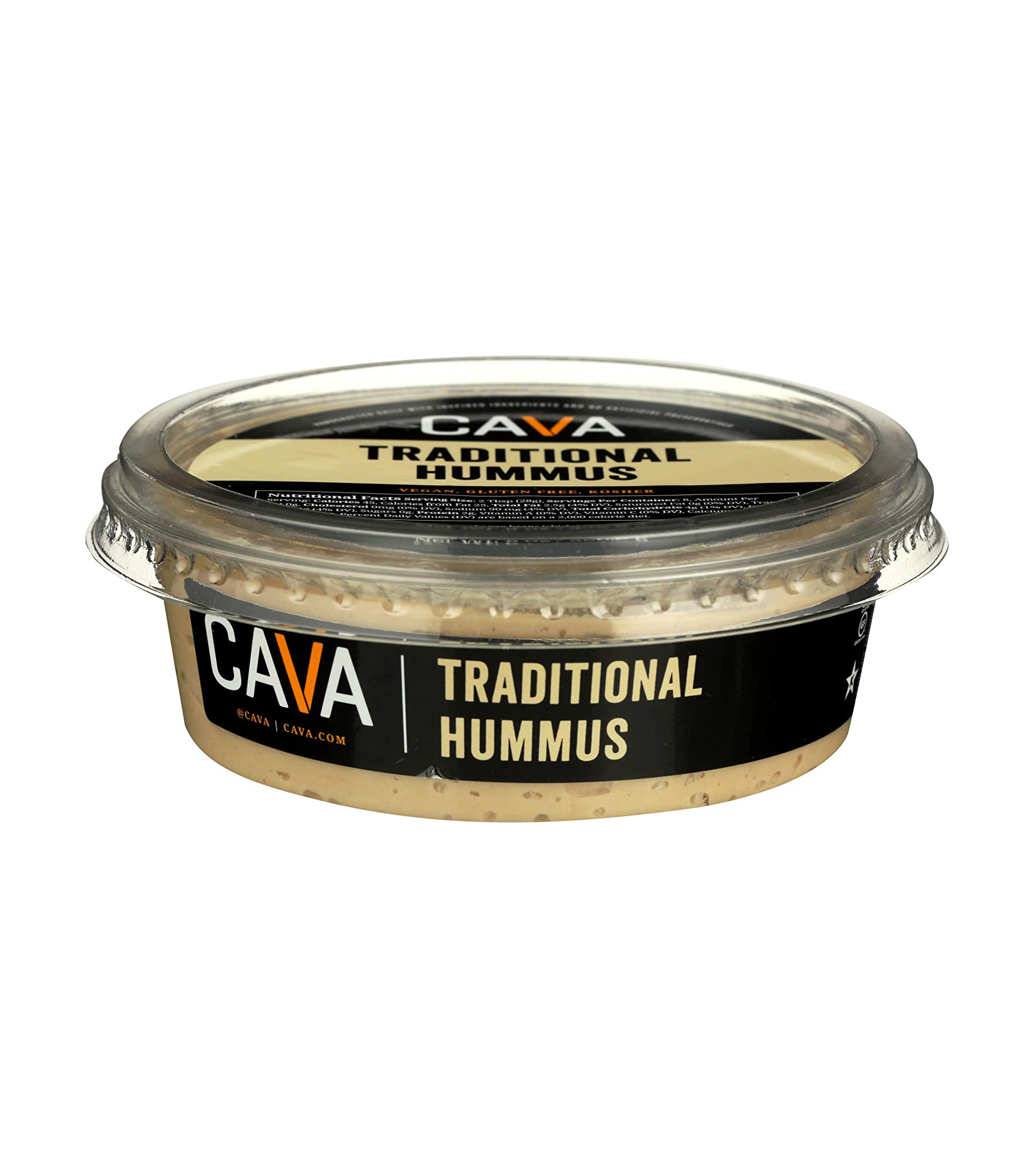How Much Protein Should You Consume After a Workout?

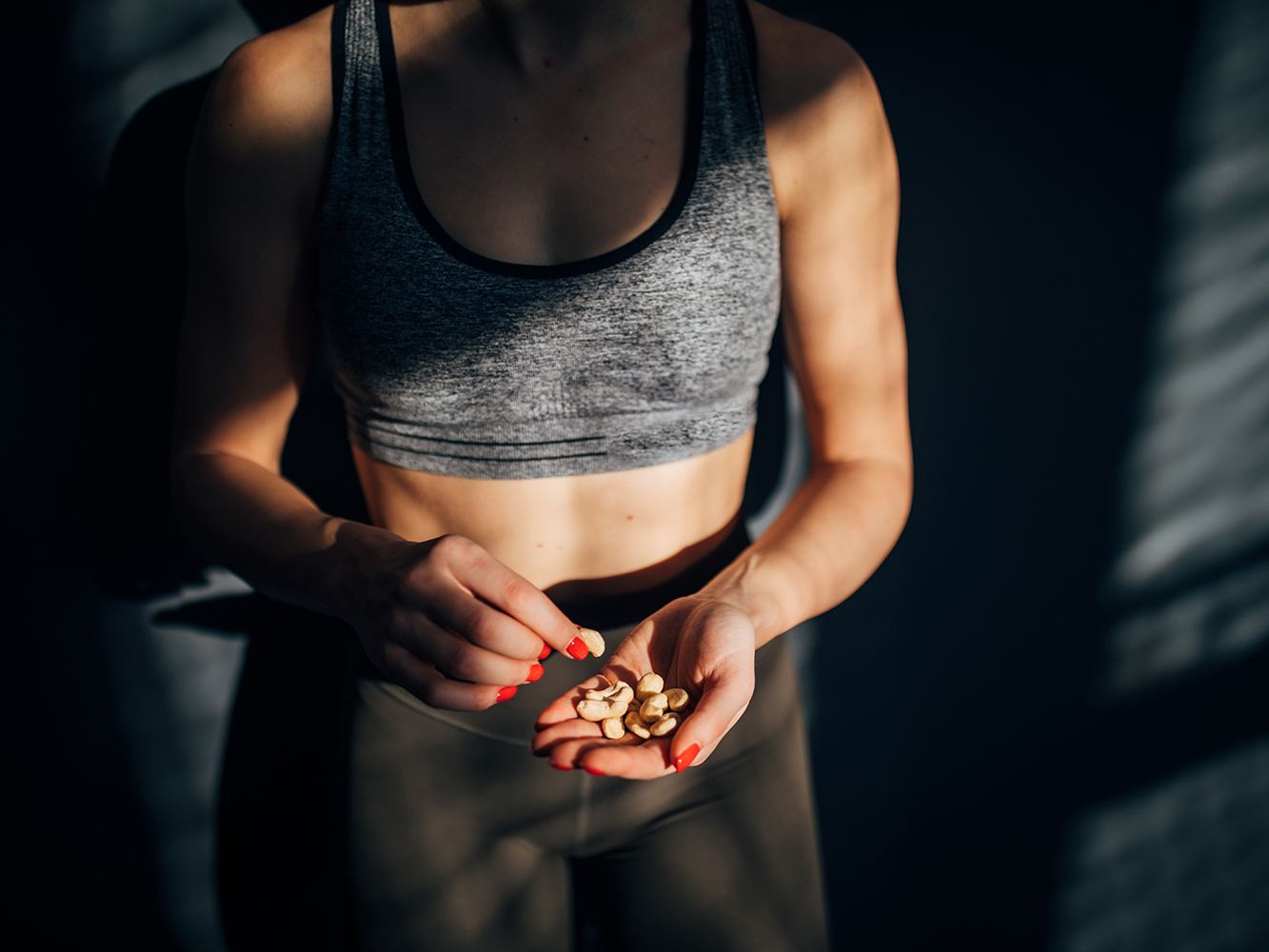
After we work out, it's important to replenish our bodies, but we know that, right? No matter if it was a lengthy hike or a heart-pounding cardio burst, we need to refuel and rehydrate—especially if it was one of those workouts that leaves our muscles aching, our breath hitching, and our skin doused in sweat. After one of these intense workouts, we can take our muscle soreness and tension as a symbolic request for recovery in the form of rest, hydration, and nourishment. The first two are easy. Take a break to avoid overworking your muscles and drink lots of water. For the latter, consume some sort of protein to aid your muscle recovery. But how much and in what form?
According to Alissa Rumsey, MS, RD, CSCS, founder of Alissa Rumsey Nutrition and Wellness, first, we need to go back to basics and consider the nutrient content of our food. "The best foods for recovery include a mix of carbohydrates and protein, along with plenty of fluid to replace sweat losses," she explains. "The protein you consume repairs damaged muscle tissue while encouraging the development of new muscle. Carbohydrates are used to replenish the muscle fuel you used during your workout while stimulating insulin release. Insulin, a growth hormone, helps your body to utilize protein better post-workout.
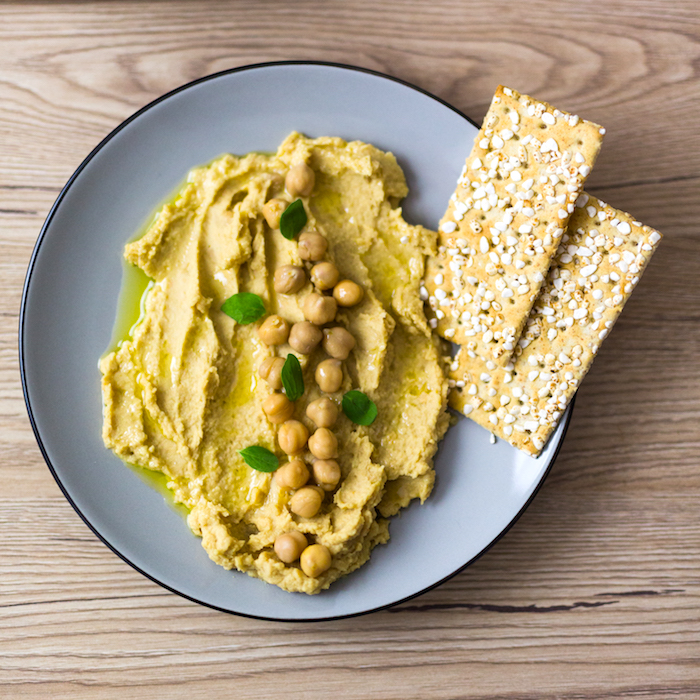
And it's not just the snack you eat immediately after the workout that counts. "Eating a snack within 30 minutes of working out and a meal within one to three hours is ideal, however, the breakdown of muscles continues, so you need to make sure you're spreading out your carbohydrate/protein intake throughout the next day," says Jonathan Valdez, owner of Genki Nutrition and media rep for New York State Academy of Nutrition and Dietetics.
As such, he recommends eating foods like milk/yogurt smoothies with fruit, low-fat chocolate milk, a peanut butter and jelly sandwich, and Greek yogurt with berries. Rumsey recommends similar post-workout snacks that provide essential recovery nutrients without extra sugar or additives. The key is to focus on consuming real food that will benefit your body, like hummus and crackers, for example. "A hummus made from pulses, like chickpeas, lentils, or beans, is a great source of both protein and carbohydrates, along with potassium, another nutrient key for recovery," she explains. "Pair it with crackers for carbs and fiber."
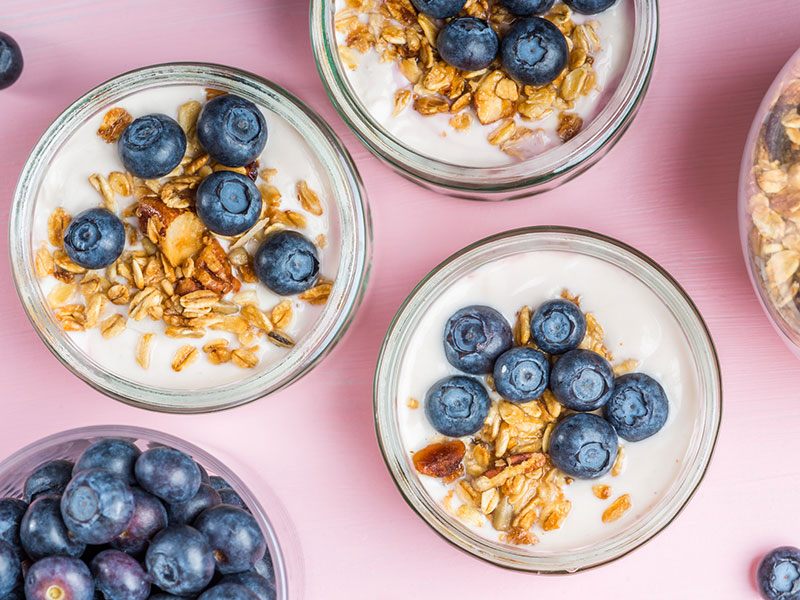
Another post-workout snack Rumsey recommends is Greek yogurt with granola and blueberries. That's right—the classic breakfast parfait can supply your body with the nutrients it needs to recover. "Blueberries provide you with carbs and antioxidants, which can help repair your muscles post-workout." Just be sure to use a Greek yogurt that contains 12 to 20 grams of protein. That will ensure you're meeting all of your muscles' protein needs. We like Fage Total Greek Yogurt, which has a whopping 18 grams of protein.
No matter which post-workout snacks you indulge in to get your mix of healthy protein and carbs, make sure you're hitting the recommended guidelines. "In general, the 2015 2020 Dietary Guidelines for Americans recommends that 10% to 30% of calories come from protein," Valdez says. "For a woman who weighs 120 pounds, they would need 65 to 92 grams of protein per day." As far as how much should be consumed post-workout, though, Rumsey says that "most women need around 10 to 30 grams of protein within two hours post-workout. This will depend on your size and your goals. If you're larger, more muscular, or looking to build more muscle, aim for 20 to 30 grams."
Just be sure to avoid too much after-workout protein, because according to Valdez, the limit does indeed exist. "The body cannot exceed 30 grams of protein at a sitting, which takes about two to three hours to be absorbed and metabolized. Anything more than that will be converted to fat if caloric intake is exceeded at that moment in time." In other words, eating too much protein is entirely possible. It's even possible to impede your fitness goals. "Eating too much protein can backfire and impair your muscle-building goals," Rumsey says. "While enough protein is needed to provide amino acids for muscle building and protein synthesis, once you meet those needs, the excess protein will be oxidized and used for energy." That doesn't sound too bad, right? Not so fast. "If you consistently eat too much protein, your body will make more enzymes that burn protein for energy. Since your goal is protein synthesis, not protein burn, this is not ideal."
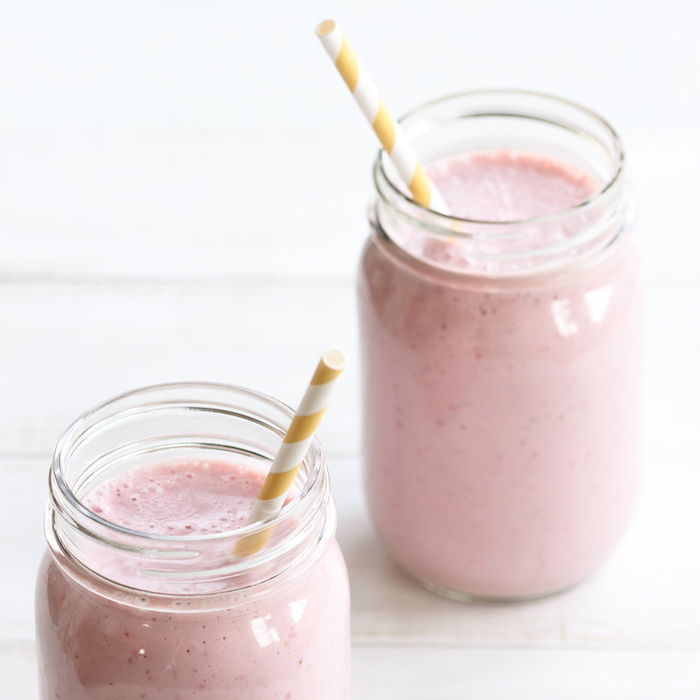
Bear that in mind before adding multiple scoops of protein powder to your post-workout smoothie. Actually, you might be better off forgoing the protein powder entirely, since both experts agree that real food should come before supplementation. "Most people can meet their protein needs with real foods," Rumsey says.
What's more is that selecting the right protein powder can be tricky. "Protein powders, like all nutritional supplements, are not regulated by the FDA," Rumsey explains. "This means that oftentimes, these supplements either contain something that is not listed on the label or they don't contain what the manufacturer states that they do." Obviously, this isn't ideal, as it's important to know exactly what you're consuming.
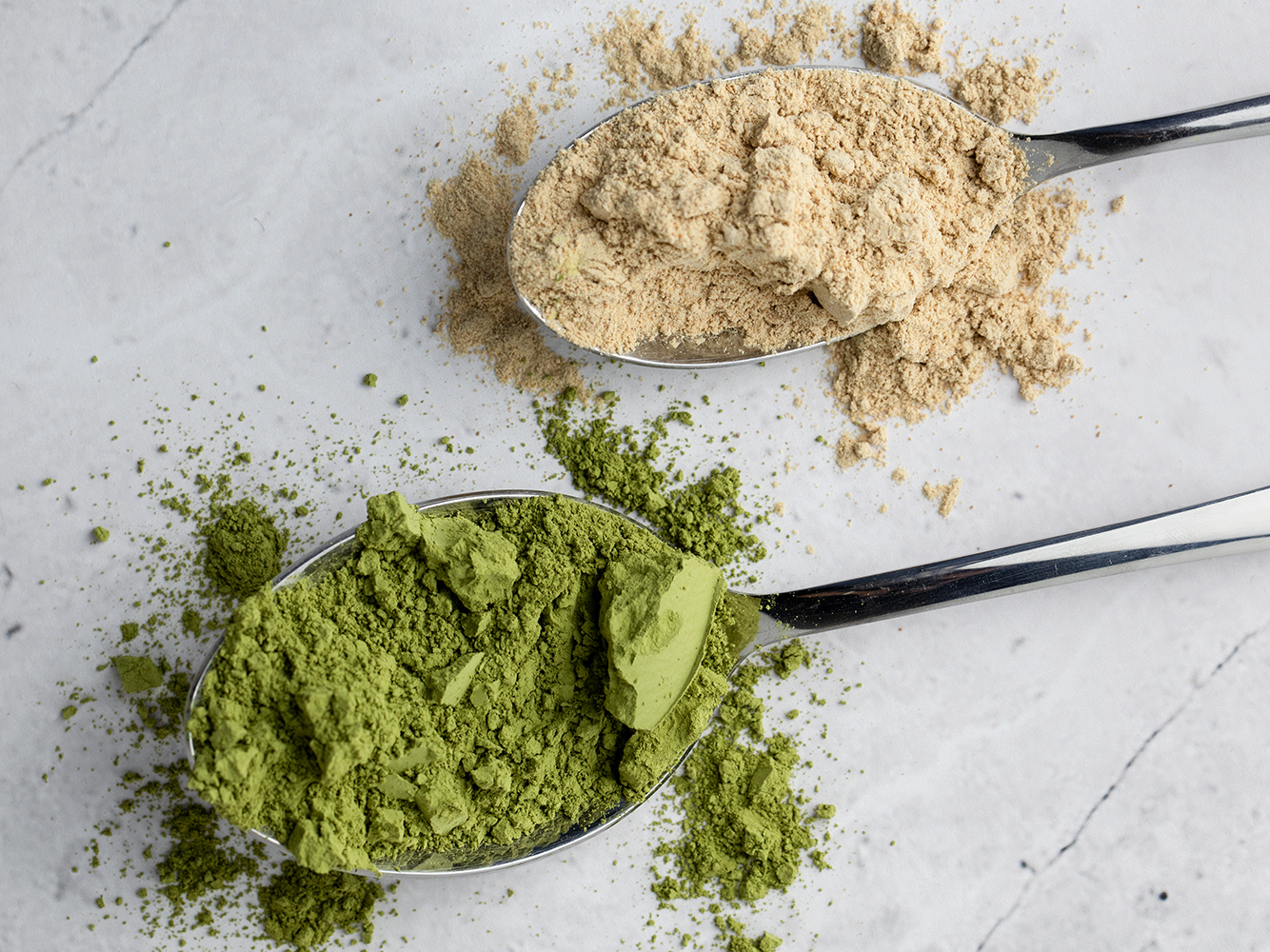
To make matters worse, Rumsey says some protein powders could even contain harmful ingredients. "Certain brands and products have been found, through testing, to contain heavy metals like arsenic, lead, mercury, and cadmium in higher levels than recommended. The best way to ensure you are picking a protein powder that is what it says it is is to pick ones that have been verified by third-party testers."
So next time you're picking out a new protein powder, make sure it's been verified or that it comes recommended by an expert such as Valdez or Rumsey. As Valdez puts it, "I do not oppose protein powders—just have to be careful that you're using the correct ones that are third-party verified like NSF, USP, or Consumer Lab."
This Garden of Life protein powder is tested and certified by NSF, which is an independent American product testing, inspection, and certification organization. Knowing it's certified by a third-party organization such as this helps us to know that we're consuming something that's truly healthy (and not just marketed as being healthy).
Again, just remember that it's totally possible to forgo the use of them entirely by filling up on protein-rich foods. Take a look at some other options below.
Chocolate Milk
Chocolate milk contains proteins, carbs, and electrolytes—perfect for muscle recovery.
Toast With Peanut Butter
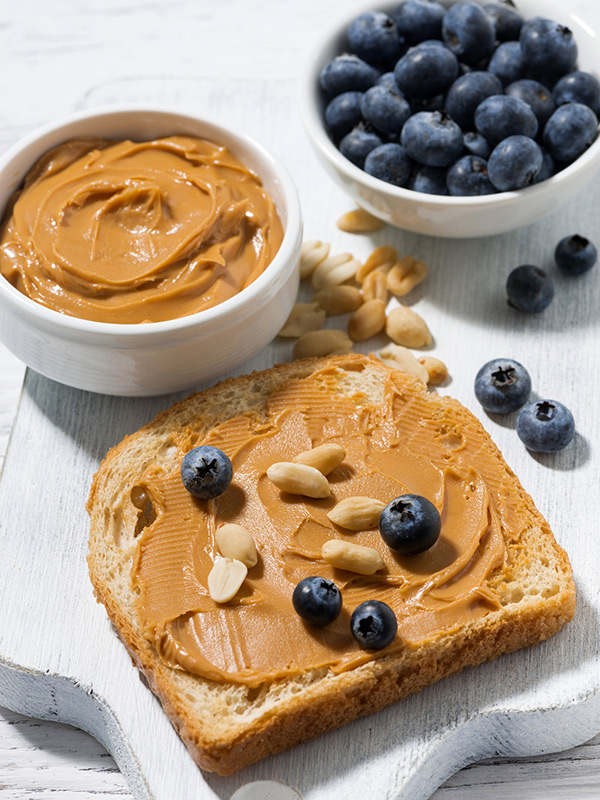
Peanut butter is a great source of protein. You can opt for gluten-free toast, too.
Avocado Toast
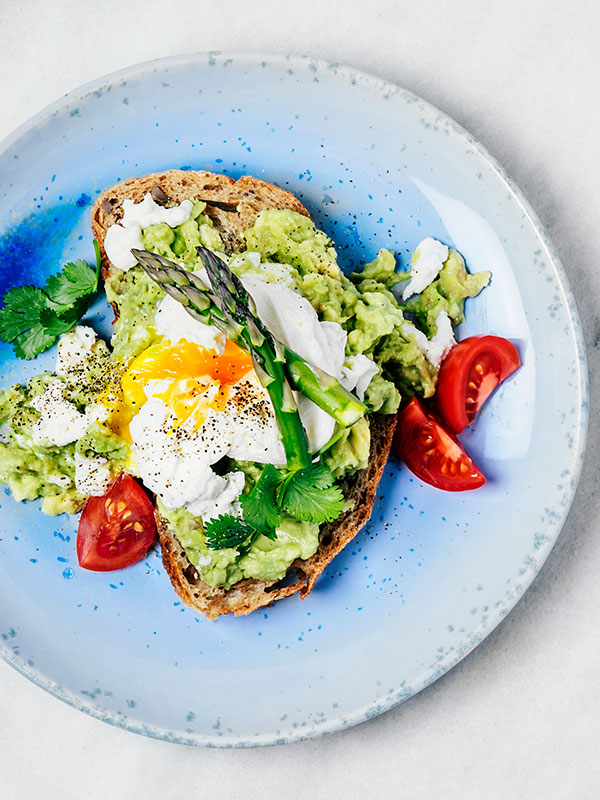
A half of an avocado contains 2 grams of protein. You can even add an egg for even more protein.
Hummus
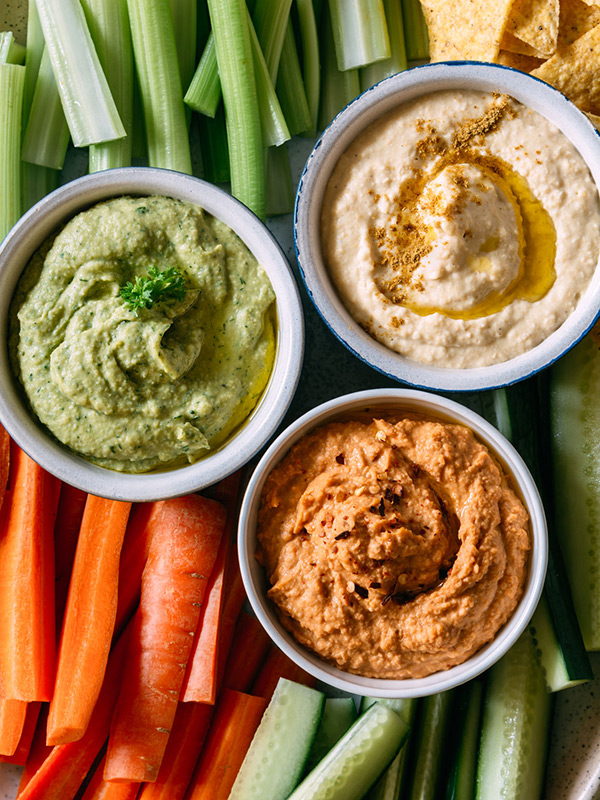
Snack on some hummus and veggies after your workout for a boost of protein.
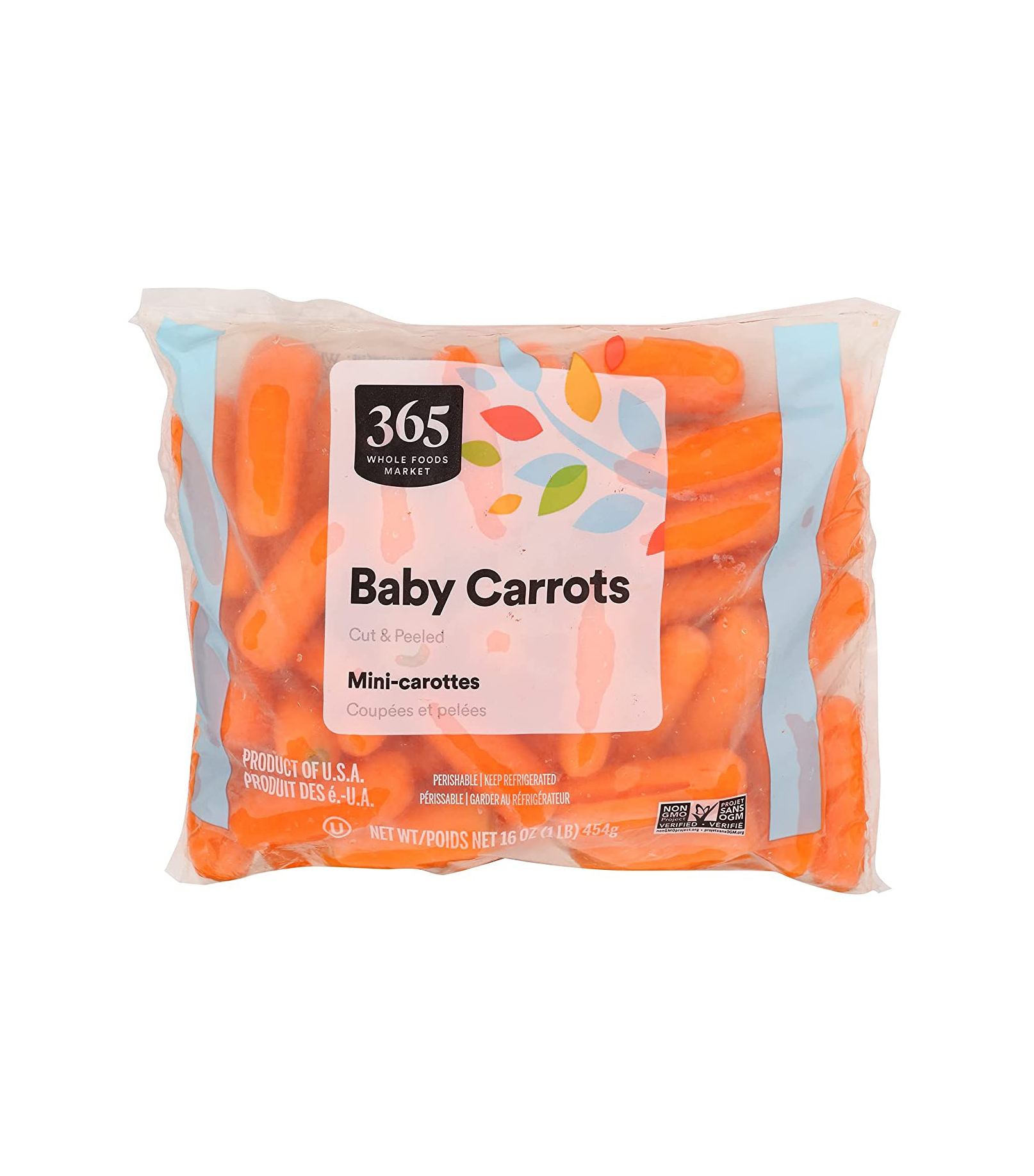
Next: 8 Clean-Ingredient Protein Powders That Don't Taste Like Chalk
This article was originally published at an earlier date and has since been updated.
This article is provided for informational purposes only and is not intended to be used in the place of advice of your physician or other medical professionals. You should always consult with your doctor or healthcare provider first with any health-related questions.

Kaitlyn McLintock is a Beauty Editor atBest Knockoff Luxury Clothing . She has 10 years of experience in the editorial industry, having previously written for other industry-leading publications, like Byrdie, InStyle, The Zoe Report, Bustle, and others. She covers all things beauty and wellness-related, but she has a special passion for creating skincare content (whether that's writing about an innovative in-office treatment, researching the benefits of a certain ingredient, or testing Wholesale Replica Bag and greatest at-home skin device). Having lived in Los Angeles, California, and Austin, Texas, she has since relocated back to her home state, Michigan. When she's not writing, researching, or testing beauty products, she's working through an ever-growing book collection or swimming in the Great Lakes.
